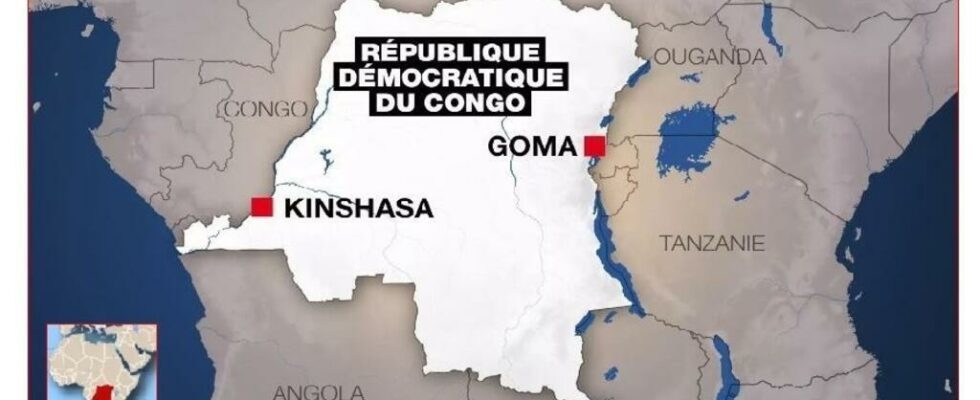Arriving there on Tuesday, the special representative of the European Union (EU) for the Great Lakes region, Johan Borgstam, ended his stay in Kinshasa on Thursday October 10. Although hoped for until the last minute, the meeting initially planned with President Félix Tshisekedi ultimately did not take place. Johan Borgstam must now go to Rwanda.
2 mins
With our correspondent in Kinshasa, Patient Ligodi
All the meetings were scheduled, and the meeting between Johan Borgstam and Felix Tshisekedi confirmed. However, the special representative of the European Union (EU) for the Great Lakes region and the Congolese president ultimately did not see each other this Thursday, October 10, on the last day of the visit from first to DRC. The Congolese presidency assures us, however: this last minute cancellation of a high-level meeting is absolutely not indicative of a problem between Kinshasa and Brussels, but simply linked to a conflict of agenda.
During his stay, Johan Borgstam was, however, able to meet with other influential Congolese personalities, including Sumbu Sita Mambu, recently appointed to the post of high representative for monitoring the Luanda negotiations on the security situation in the Eastern DRC. He was also received by the Deputy Minister of Foreign Affairs, the head of Congolese diplomacy, Thérèse Kayikwamba, being away. Finally, on his agenda were discussions with MONUSCO as well as with several diplomats stationed in Kinshasa, including the United States ambassador to the DRC.
Reiterate EU support for the Luanda process
Before flying to Kigali where he is also expected as part of this tour, Johan Borgstam recalled that his mission aimed in particular to reiterate the support of the European Union for the Luanda process. Considered by the international community as essential for de-escalation between the DRC and Rwanda, the system is however today in difficulty.
While Kinshasa accuses Kigali of blocking negotiations and affirms that the Rwanda makes its withdrawal conditional on the neutralization of the FDLR, another subject of tension also complicates the situation. In this case, it involves the establishment of a regional justice mechanism demanded by the DRC so that the perpetrators of crimes committed in the east of its territory are prosecuted. A mechanism that the Rwandan authorities say, for their part, they do not find in the document proposed by the Angolan mediation.
Also readDRC: trial against Rwanda opens before the EAC Court of Justice
